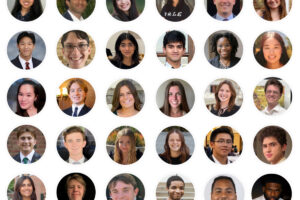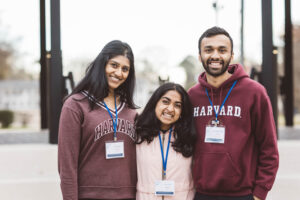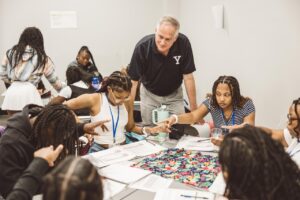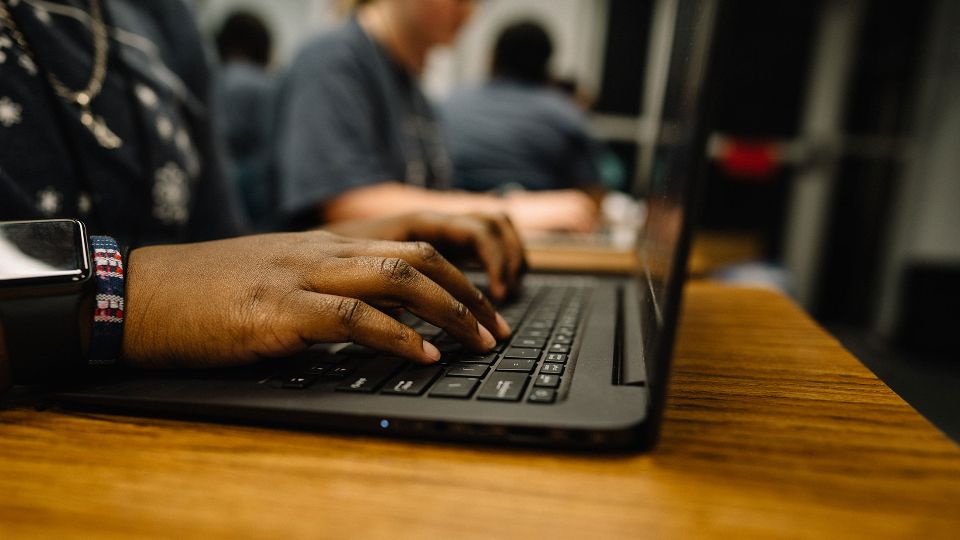
Fall 2020 Recap: Despite Pandemic, Mississippi Advanced STEM Access Program Achieves Record Enrollment
Dear Friends of the Global Teaching Project:
We are pleased to report that, thanks to the resolve of our dedicated students and committed educators, the Advanced STEM Access Program has achieved record enrollment in the 2020-21 school year.
The Advanced STEM Access Program, now in its fourth year, provides promising students from rural Mississippi communities access to challenging courses they need to achieve their full potential, but which their schools otherwise had not offered, due to both limited resources and a shortage of qualified teachers.
The Advanced STEM Access Program currently offers Advanced Placement (AP) Physics 1, our inaugural course, and AP Computer Science Principles, which we initiated last year. Other courses are planned.
Also, this year we are launching a preparatory program for students who are interested in taking AP classes, and who have demonstrated the aptitude and work ethic needed to excel academically, but who have gaps in their substantive foundation that we seek to address to help them succeed.
Despite the pandemic, we continue to add both new schools and additional students:
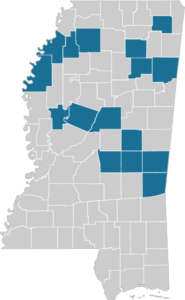 MS Counties served by the Consortium
MS Counties served by the Consortium
- Overall enrollment is up over 40% from last year—we now serve approximately 225 students, a number that is expected to grow substantially as the preparatory program is implemented in coming months.
- Two new school districts have joined the Advanced STEM Access Program; a total of 18 schools total have participated in the initiative.
- The Advanced STEM Program also continues to expand its roster of outstanding college STEM major tutors.To date, our tutors have come from Yale, Virginia, MIT, Clemson, Stanford, and Scripps.This year, we added several tutors from Harvard as well.Our tutors work with students both through video conference sessions, typically twice a week, and at university-based residential instructional programs (which, by necessity, have been conducted virtually during the pandemic).
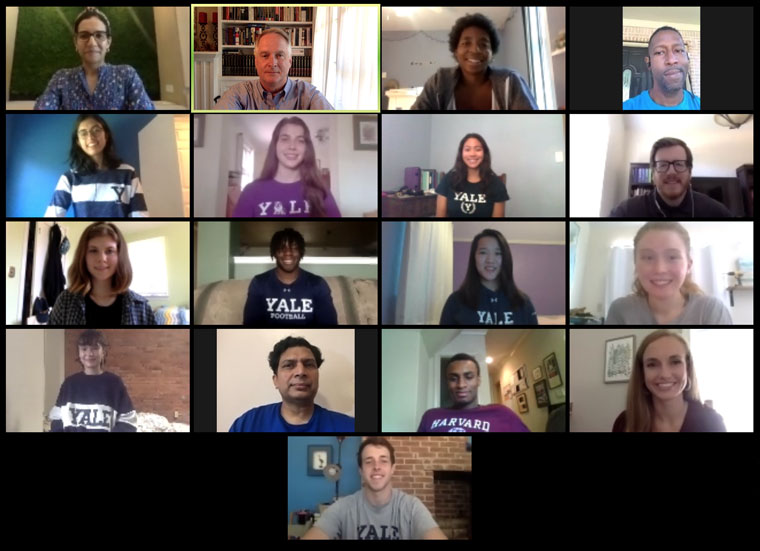
According to recent data, the Advanced STEM Access Program has achieved unique success in expanding educational opportunities for promising students in rural, high-poverty areas.
- The College Board authorizes over 6,000 U.S. schools to offer AP. Yet in the nation’s 20 most impoverished counties (out of over 3,000 total), our schools are the only public schools in any state to offer either course.
- Mississippi has 40 small (less than 5,000 students) school districts that have over 80 percent Black enrollment and are characterized as “Rural, Low-Income Districts” by the U.S. Department of Education. In those 40 districts, the only schools that offer AP Physics or AP Computer Science are those that participate in the Advanced STEM Access Program.
The pandemic has presented major challenges.
Recruiting efforts, which rely heavily on in-person visits to our communities, have been greatly impeded. The summer program that we conducted on the campus of Mississippi State each of the last three summers had to be moved online. Providing instruction to students whose schools remain physically closed or have attendance restrictions is highly problematic in rural areas where broadband is limited, non-existent, or expensive.
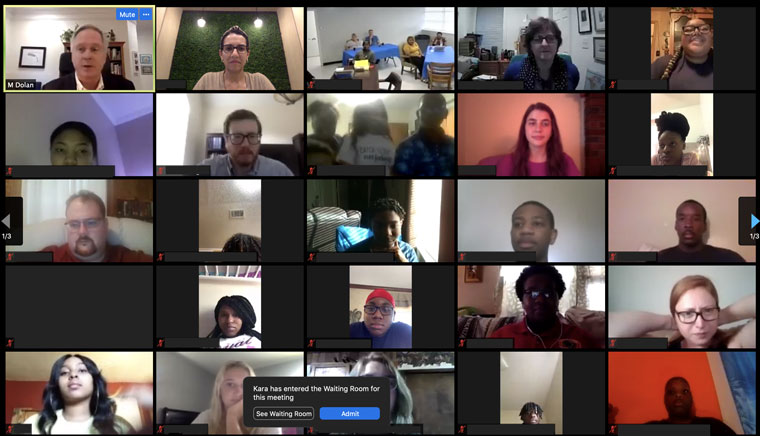
In response, we have increased the already substantial resources provided to help our teachers teach and our students learn:
- Live online classes permit students to engage by participating in class discussion and problem-solving, or by viewing recordings.
- Computers have been provided to all Computer Science students, and others as needed.
- A teacher mentoring initiative has been initiated, pairing AP-certified instructors with fellow teachers to provide guidance and pedagogical support.
- In addition to academics, we have sought to strengthen our community of achievement by hosting a series of Dinner Discussions in which students, teachers, administrators, parents, and tutors gather virtually to discuss matters of mutual interest, but mostly simply to enjoy the company of academically-focused peers at a time of social isolation. To date, 10 dinners (for which the Program provides food to each family) have been held, and every student has had the opportunity to participate.
- Ancillary programs also are offered, such as a virtual tour of an advanced Physics lab at Princeton University conducted by one of our tutors.
We are very proud of our students and teachers, and most grateful to our friends and supporters. Amidst historic challenges, they have not only persevered, but excelled.
We look forward to a great year, together.
Matt Dolan
CEO
Global Teaching Project
Tag:fall, newsletter

